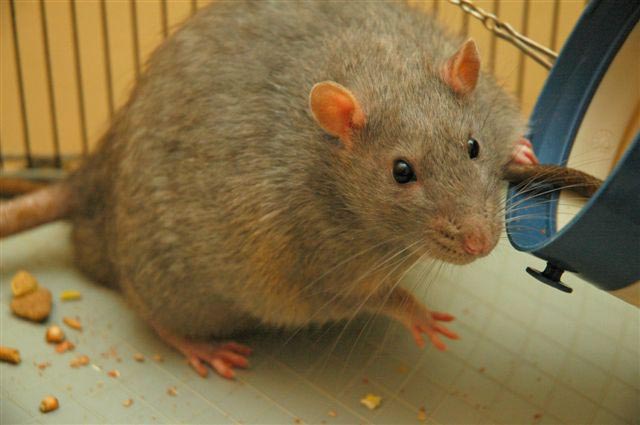
Researchers from Humboldt University in Berlin tickled rats to learn the entire mechanism that causes involuntary twitching movements or laughter. The neurons present in the brain, which are linked to tickling and laughs were recognised in the study.
The researchers figured out the laughter evoked by rats and even filmed them. It was found that rats were enjoying the tickles while they were in a good mood, which is similar to humans.
The crucial finding of this research was that the region where brain neurons are located -- somatosensory cortex -- is mainly related to the touching sensation.
The entire phenomenon of tickling is still a mystery despite a previous research regarding laughter emitted by rats which wasn't heard by humans. The current research conducted Shimpei Ishiyama and Michael Brecht analysed neuron activity in the somatosensory cortex in rats.
The researchers observed that rats approached towards the tickling hand and even jumped out of joy which was followed by ultrasonic giggles while they were tickled.
"We tickled and gently touched rats on different body parts and observed a variety of ultrasonic vocalisations, in particular during tickling," the researchers were quoted as saying by wired.co.uk.
Consistent with earlier claims that tickling is rewarding through the dopaminergic system, rats rapidly approached the tickling hand, and tickling induced unsolicited jumps accompanied by 50-kHz ultrasonic vocalisations, or joy jumps, which can be seen in joyful subjects in various mammals.
The rates of neural firing and amplified laughter were found to be high in the somatosensory cortex. It was also detected that not simulating the somatosensory cortex neurons while the rodents weren't tickled stimulated laughter too.
The tickling-triggered laughter was found to be lower when the rats were in an anxious mood. This phenomenon pointed towards the findings that it is related to Darwin's theory, "the mind must be in a pleasurable condition," the authors concluded.
The entire study stressed the fact the tickling induced laughter in rats was based on their mood, this reaction is similar to humans.













